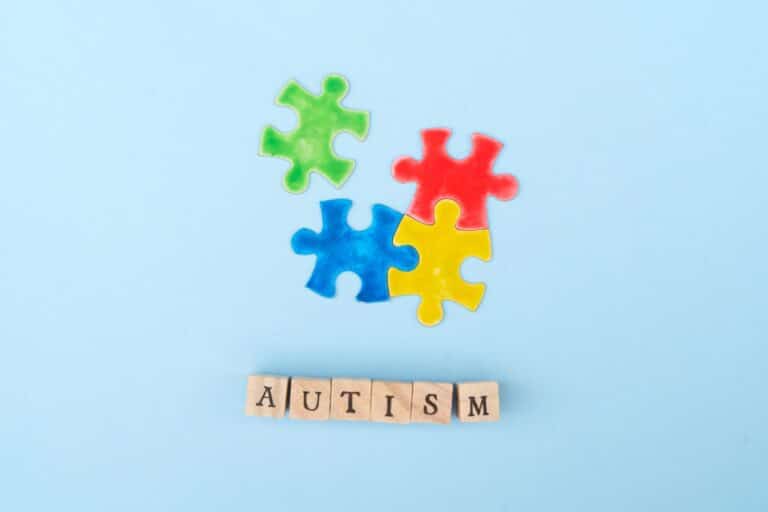There are many types of addictions that people may suffer from, ranging from alcohol and drugs to gambling and more.
One type of addiction you might not be aware of is when people are addicted to Nyquil, a common medication typically used to treat symptoms of the flu or common cold.
Read on to learn more about Nyquil addiction, how it starts, and what you can do to help yourself or someone you know who may need help to overcome it.
What is Nyquil?
Nyquil is an over-the-counter medication that is commonly used to help lessen and treat symptoms of the common cold, flu, and other similar ailments. This medicine is manufactured by Vicks and provides people with temporary relief of coughing, stuffy and runny nose, sore throat, and headaches. You can purchase this product at any drugstore or mass retailer.
Many people take Nyquil to help them fall asleep as a result of sleeplessness due to allergies, a cold, or flu. There are three active ingredients in Nyquil including acetaminophen to reduce pain and fever, dextromethorphan to suppress coughing, and doxylamine, an antihistamine.
The doxylamine in Nyquil can help people sleep, however, it may cause daytime drowsiness in some people. Most people take Nyquil only when it’s needed, however, some may become addicted to Nyquil.
How Do You Develop a Nyquil Addiction?
While not everyone will become addicted to Nyquil, some people take large doses of the medication to get high. The dextromethorphan (DXM) in Nyquil can have mind-altering effects when taken in large amounts.
When you take just a small dose of DXM, it suppresses coughing without any side effects. Taking excessive amounts of DXM can affect the brain and may even cause feelings of euphoria or hallucinations.
In some cases, teenagers or young adults will take high doses of Nyquil to “trip” or to feel these effects that are similar to other mind-altering drugs like LSD. Since Nyquil is easy to obtain and because it is legal, many prefer to use it as an alternative to illegal drugs that may provide the same or similar effects.
Other people may become addicted to Nyquil if they suffer from insomnia or generally have trouble sleeping. They may take Nyquil too often, or take too much at once in order to help them fall asleep.
While it might seem like harmless fun, high doses of Nyquil can have serious consequences including liver damage, heart attacks, or seizures. Some people have also died after taking too much Nyquil, and unfortunately, using it can become a lifelong habit for many.
Signs and Symptoms of Nyquil Addiction
If you or someone you know is addicted to Nyquil, there are several signs to be aware of. One of the most common symptoms of addiction is when you experience physical withdrawal from the medication.
Those who notice sudden, powerful cravings for more Nyquil or those who constantly rely on it to sleep may be addicted. Other telltale signs include a sudden onset of depression, anxiety, or restlessness.
Even though Nyquil can help you sleep, addicts may experience the opposite effect and suffer from insomnia. Serious signs of withdrawal include chills, shaking and tremors, blurred vision, stomach pain, and nausea.
While withdrawing from Nyquil might not be as dangerous as withdrawing from alcohol or opioids, it can still pose a serious health risk. In many cases, people need to seek professional help when overcoming Nyquil addiction.
Nyquil Addiction Treatments
Using Nyquil as directed to get help with the common cold or the flu should not pose any risk to your health. However, if you’re taking the medication to sleep every night or using it to get high, then it’s important to get the right Nyquil addiction treatments so you can get back to living a normal life.
You may be able to simply stop using Nyquil so that you’re no longer addicted. However, some people who experience withdrawals will need the help of a professional or a detox treatment and rehabilitation center.
Initially, patients might need to be monitored when withdrawing from Nyquil in order to stay safe. Medical detox is a good way to cleanse the body of an addictive substance in a supervised and safe environment.
Once the detox is complete, there are several methods used to help someone who is addicted to Nyquil. Cognitive-behavioral therapy is one way that people can get the professional help they need to learn how to resist the temptations of using the medication in an unhealthy way.
Individual and group counseling can also be extremely beneficial for those with Nyquil addiction. Working one-on-one with a therapist helps many people learn how to deal with their addiction and move on toward a healthier, happier life. On the other hand, group therapy can be beneficial since it can help addicts feel less alone and get the support they need from their peers.
Kick Your Addiction Today
If you or someone you know is dealing with a Nyquil addiction, it’s important to seek out help as soon as possible. While this perfectly legal medication serves a purpose, it can be dangerous and unhealthy once it’s abused.
Don’t be afraid to reach out for help if you’re concerned about your health and well-being.When you’re ready to get help so that you can get your life back and say goodbye to addiction, be sure to contact us today so we can get you on the path toward wellness.






